WiDS Berkeley: Women in Data Science at UC Berkeley
Sponsored by the School of Information; Division of Computing, Data Science and Society; One IT; D-Lab; Research IT; Research, Teaching, and Learning; UC Berkeley Library
Join us for a series of events celebrating Women in Data Science at UC Berkeley. WiDS Berkeley is an independent event that is organized by the UC Berkeley WiDS ambassadors part of the annual WiDS Worldwide conference organized by Stanford University and an estimated 150+ locations worldwide, which features outstanding women doing outstanding work in the field of data science. All genders are invited to attend all WiDS Worldwide conference events.
We will stream content from the global WiDS events and provide live, virtual programming for the UC Berkeley campus throughout the week featuring distinguished scholars and practitioners from across the Bay Area and the world.
Schedule
Monday, March 8, 2021
WiDS international programming
Tuesday, March 9, 2021: Data Science in Research
10:00 am — Keynote address
Vivienne Ming
Co-Founder & Executive Chair, Socos Labs
11:00 am — Tech Talks
- Anja Feldmann, Professor, Max Planck Institute
- Tiffany Tang, Ph.D. candidate, Statistics
- Fatema Wala, ESNet Security Engineer
- Caroline Figueroa, MD and Postdoc, Digital Health Initiative
Wednesday, March 10, 2021: Data Science for Students
10:00 am — Keynote address
Debbie Bard
Data Science Engagement Group Lead
National Energy Research Scientific Computing Center (NERSC)
Berkeley National Lab
11:00 am — Student Lightning Talks
Thursday, March 11, 2021: Mentorship + Networking
10:00 am — Panel Discussion
- Dr. Claudia von Vacano (moderator)
- Renata Barreto-Montenegro
- Professor Laura K Nelson
- Professor Rochelle Terman
11:00 am — Virtual Networking
- Conversation with Dr. Rediet Abebe, EECS professor
- Networking activity
If after four days of our data science program you are up for even more, we recommend you have a look at the Women in Tech Symposium on Friday, March 12.
Keynote Speakers
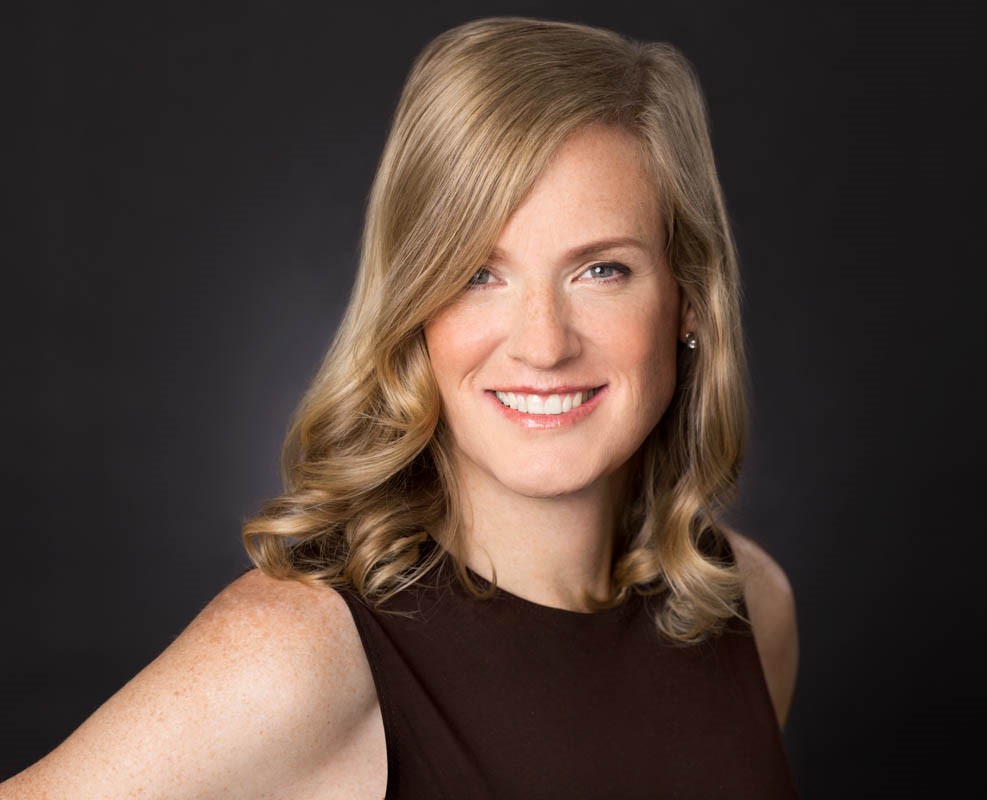 Vivienne Ming
Vivienne Ming
Co-Founder & CEO, Socos Labs
Director, OptoCeutics
Chief Scientist, Dionysus
Chair Emeritus, StartOut
Dr. Vivienne Ming explores how to maximize human capacity as a theoretical neuroscientist, serial entrepreneur, demented author, and mother of two. Socos Labs, her fifth company and second co-founded with wife Dr. Norma Ming, is a mad science incubator. It explores seemingly intractable problems — from a lone child’s disability to global economic inclusion — for free. Vivienne’s previous companies have applied machine learning to bias in hiring and education at home and in school. She started her professional life as a visiting scholar at UC Berkeley's Redwood Center for Theoretical Neuroscience pursuing her research in cognitive neuroprosthetics. In her free time, Vivienne works to design AI systems to help treat her son’s diabetes, predict manic episodes in bipolar sufferers, and reunite orphan refugees with extended family members. She sits on the boards of numerous companies and nonprofits. For relaxation, she writes science fiction and spends time with her wife and children. Vivienne was named one of “10 Women to Watch in Tech” by Inc. Magazine and one of the BBC’s 100 Women in 2017. She is featured frequently for her research and inventions in The Financial Times, The Atlantic, Quartz Magazine, and the New York Times.
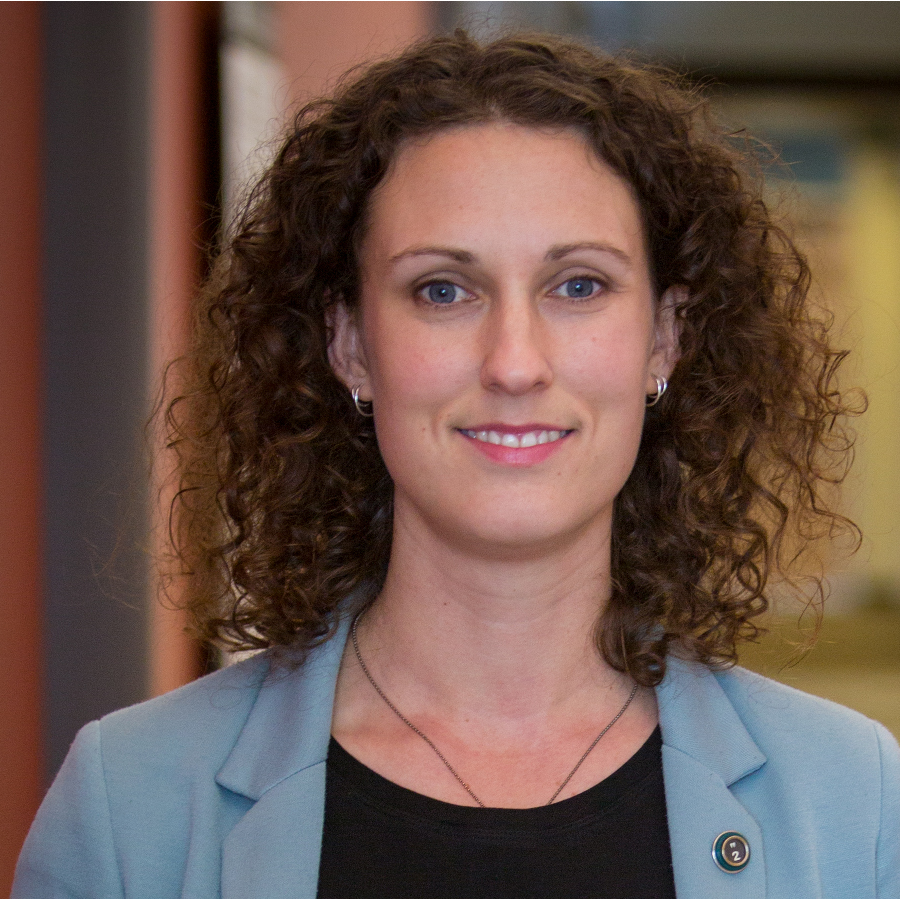 Debbie Bard
Debbie Bard
Group Lead for Data Science Engagement
NERSC, LBNL
Debbie Bard is a physicist and data scientist with more than 15 years experience in scientific computing, both as a physicist and HPC expert. Her career spans research in particle physics, cosmology and computing, with a common theme of using supercomputing for scalable data analytics. She currently leads the Data Science Engagement Group at the National Energy Research Scientific Computing center (NERSC), supporting HPC for users of the DOE’s experimental and observational facilities. Debbie also leads the Superfacility project, a cross-discipline project of over 30 researchers and engineers that is coordinating research and development to support computing for experimental science at LBNL.
Additional Speakers & Panelists
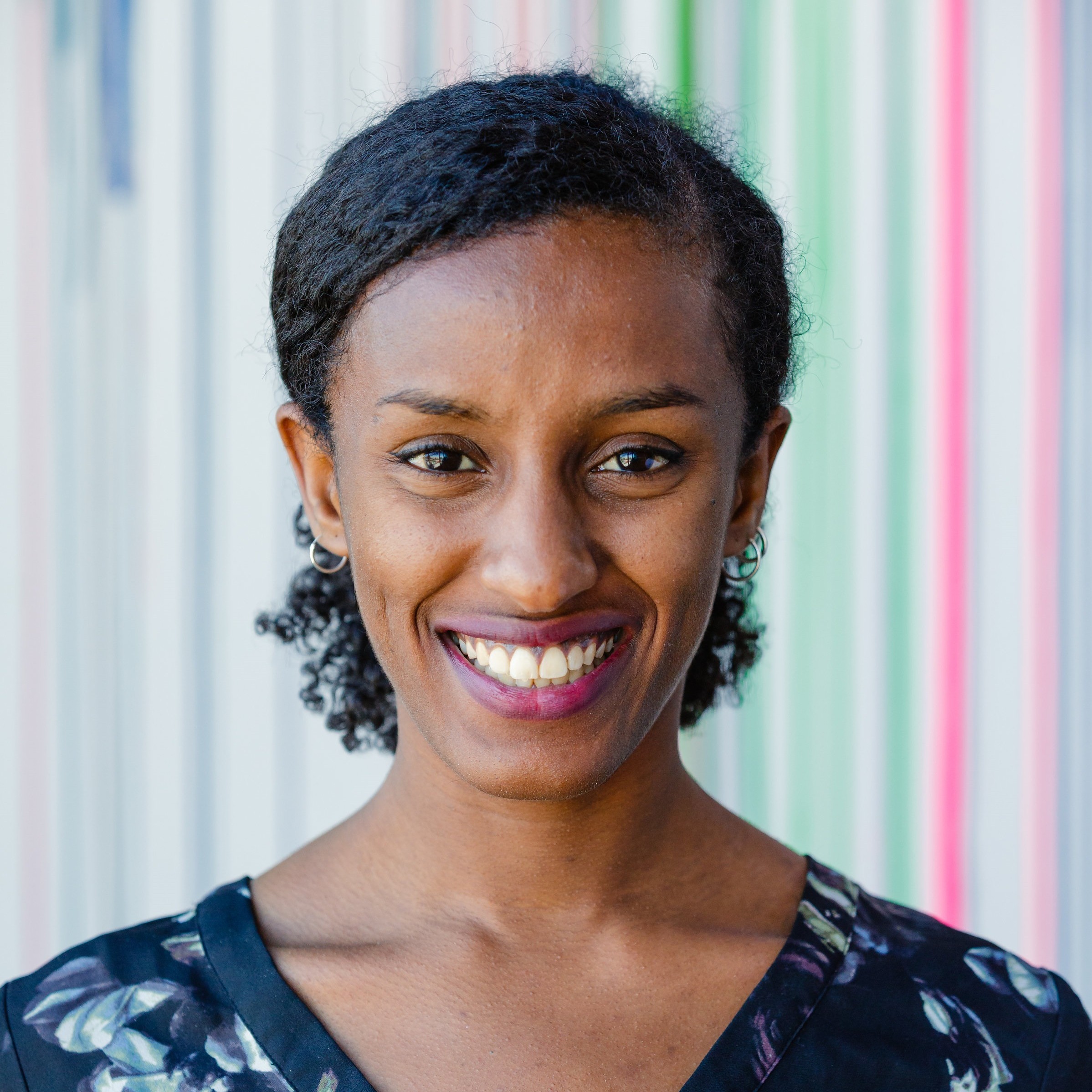 Rediet Abebe
Rediet Abebe
Assistant Professor, EECS
Junior Fellow, Harvard Society of Fellows
Rediet Abebe is an Assistant Professor of Computer Science at the University of California, Berkeley and a Junior Fellow at the Harvard Society of Fellows. Abebe holds a Ph.D. in computer science from Cornell University and graduate degrees in mathematics from Harvard University and the University of Cambridge. Her research is in artificial intelligence and algorithms, with a focus on equity and justice concerns. Abebe co-founded and co-organizes Mechanism Design for Social Good (MD4SG) -- a multi-institutional, interdisciplinary initiative. Her dissertation received the 2020 ACM SIGKDD Dissertation Award and an honorable mention for the ACM SIGEcom Dissertation Award for offering the foundations of this emerging research area. Abebe's work has informed policy and practice at the National Institute of Health (NIH) and the Ethiopian Ministry of Education. She has been honored in the MIT Technology Reviews' 35 Innovators Under 35 and the Bloomberg 50 list as a one to watch. Abebe also co-founded Black in AI, a non-profit organization tackling equity issues in AI. Her research is influenced by her upbringing in her hometown of Addis Ababa, Ethiopia.
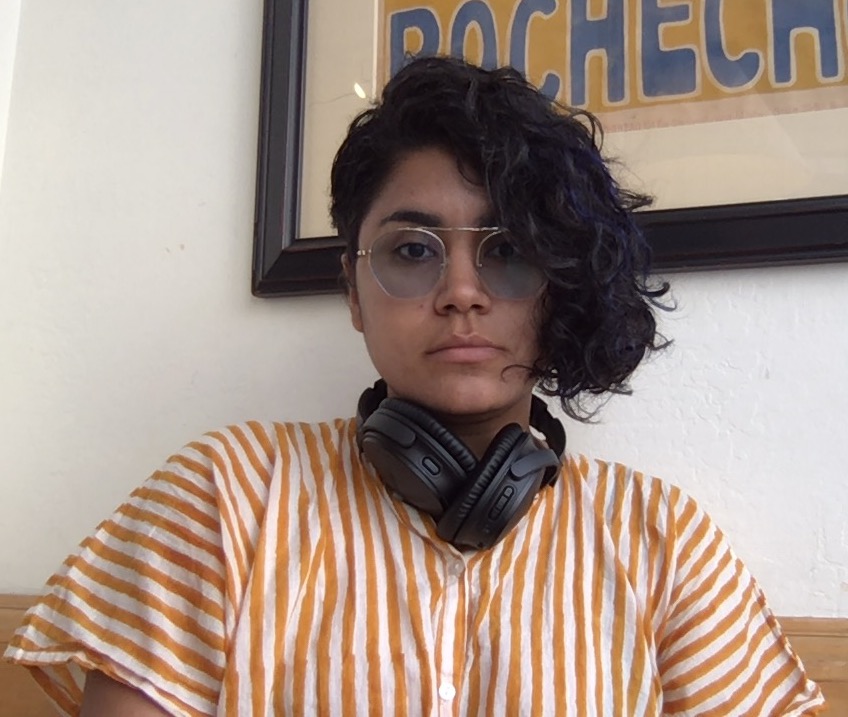 Renata Barreto
Renata Barreto
JD / Ph.D. Candidate
Berkeley Law
Renata Barreto is a JD / Ph.D. candidate at Berkeley Law, where her research sits at the intersection of machine learning, surveillance, and justice. Currently, she is a Data Science Fellow with the D-Lab. Previously, Renata has interned at Twitter, Facebook, and the Center for Privacy and Technology at Georgetown Law.
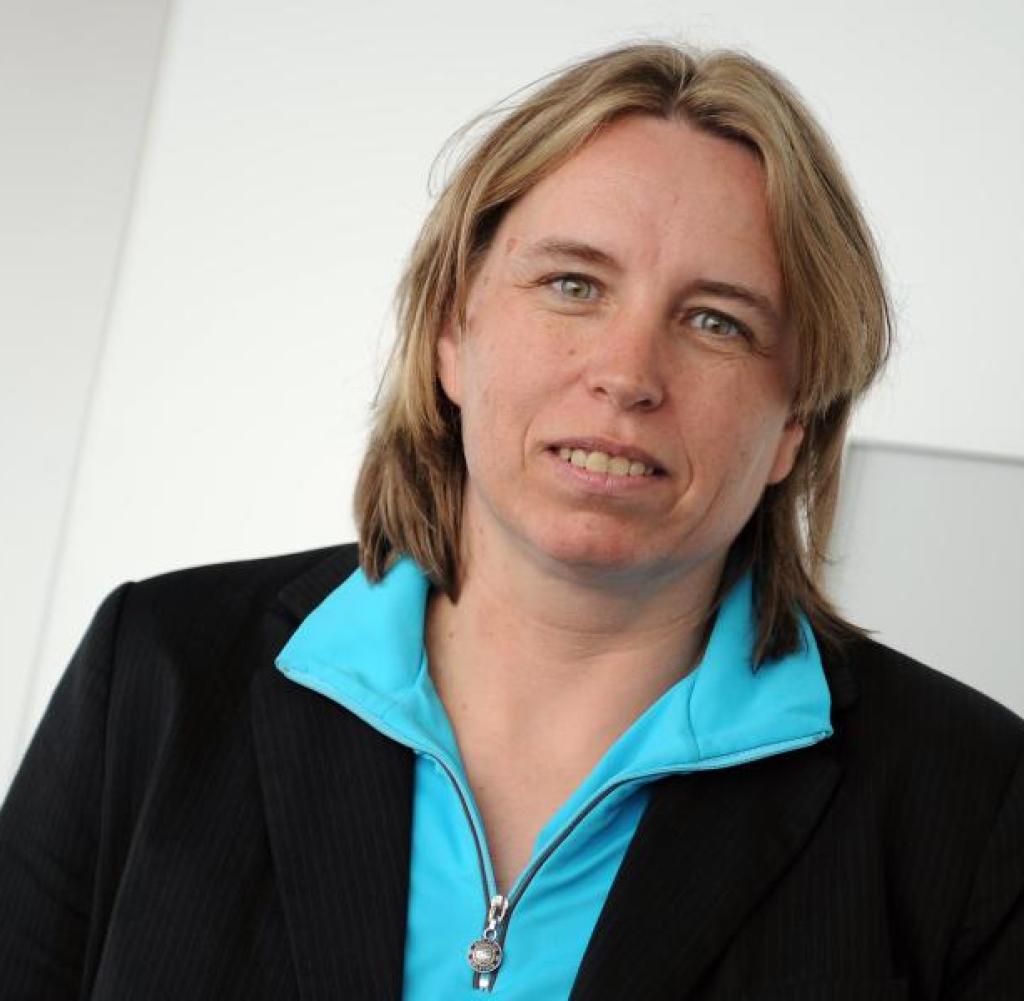 Anja Feldmann
Anja Feldmann
Ph.D.Director
Max Planck Institute for Informatics, Saarbrücken
I studied computer science at Universitaet Paderborn in Germany and received my degree in 1990. After that I continued my studies at Carnegie Mellon University, where I earned my M.Sc. in 1991 and, four years later, my Ph.D. The next four years I did postdoctoral work at AT&T Labs Research, before holding research positions at Saarland University and the Technical University Munich. Since 2006, I have been professor of Internet Network Architectures at Telekom Innovation Laboratories at Technische Universitaet Berlin. In May 2012, I was elected the first woman on the employer side of the Supervisory Board of SAP. Since the beginning of 2018 I am director at the Max Planck Institute for Informatics in Saarbruecken.
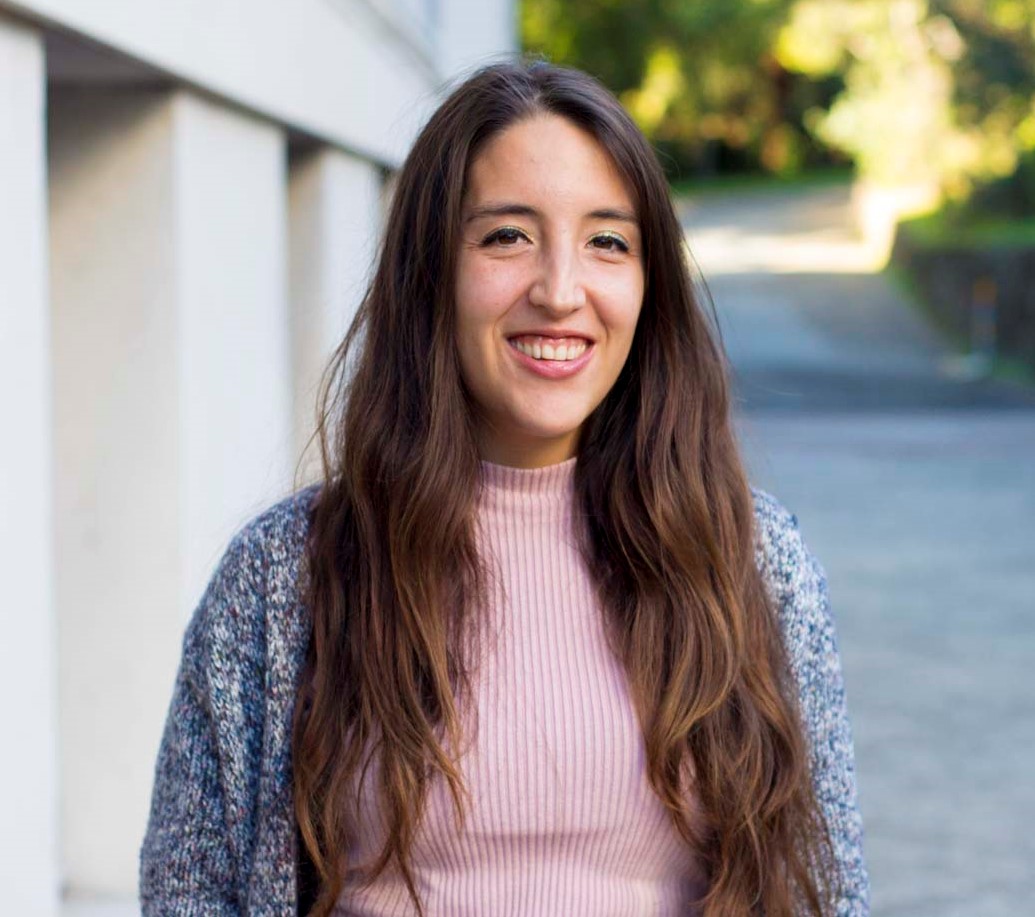 Caroline Figueroa
Caroline Figueroa
Postdoctoral Researcher
School of Social Welfare
Caroline Figueroa, MD Ph.D., studies digital interventions for mental health, with an emphasis on cutting-edge innovations for marginalized populations. Her interests include the use of machine learning to improve these interventions and using conversational agents (chatbots) to help people become more physically active. Through these innovative projects, she hopes to contribute to increasing digital health equity.
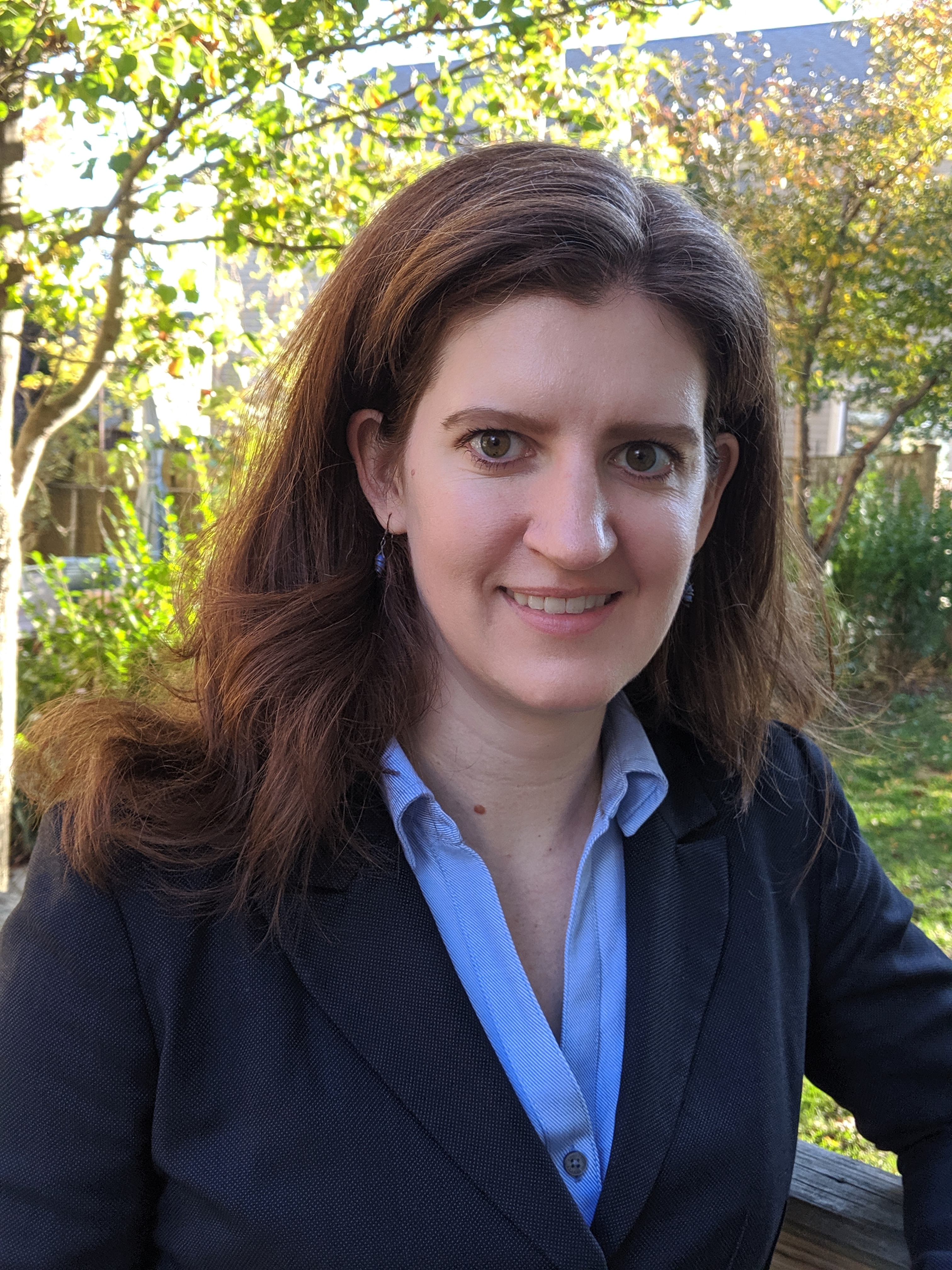 Laura K. Nelson
Laura K. Nelson
Assistant Professor
Northeastern University
Laura K. Nelson is an assistant professor of sociology at Northeastern University where she is core faculty at the NULab for Texts, Maps, and Networks, is affiliated faculty at the Network Science Institute, and is on the executive committee for Women’s, Gender, and Sexuality Studies. She was previously a postdoctoral fellow at the Berkeley Institute for Data Science and Digital Humanities @ Berkeley at the University of California, Berkeley, and for the Management and Organizations Department at Northwestern University, where she was also affiliated with the Northwestern Institute on Complex Systems (NICO). She uses computational tools, principally automated text analysis, to study social movements, culture, gender, institutions, and organizations. She has published in Sociological Methods and Research, Sociological Methodology, Gender & Society, Mobilization, and Oxford University Press, among other outlets, and has given talks and workshops on computational social science throughout the U.S. and internationally.
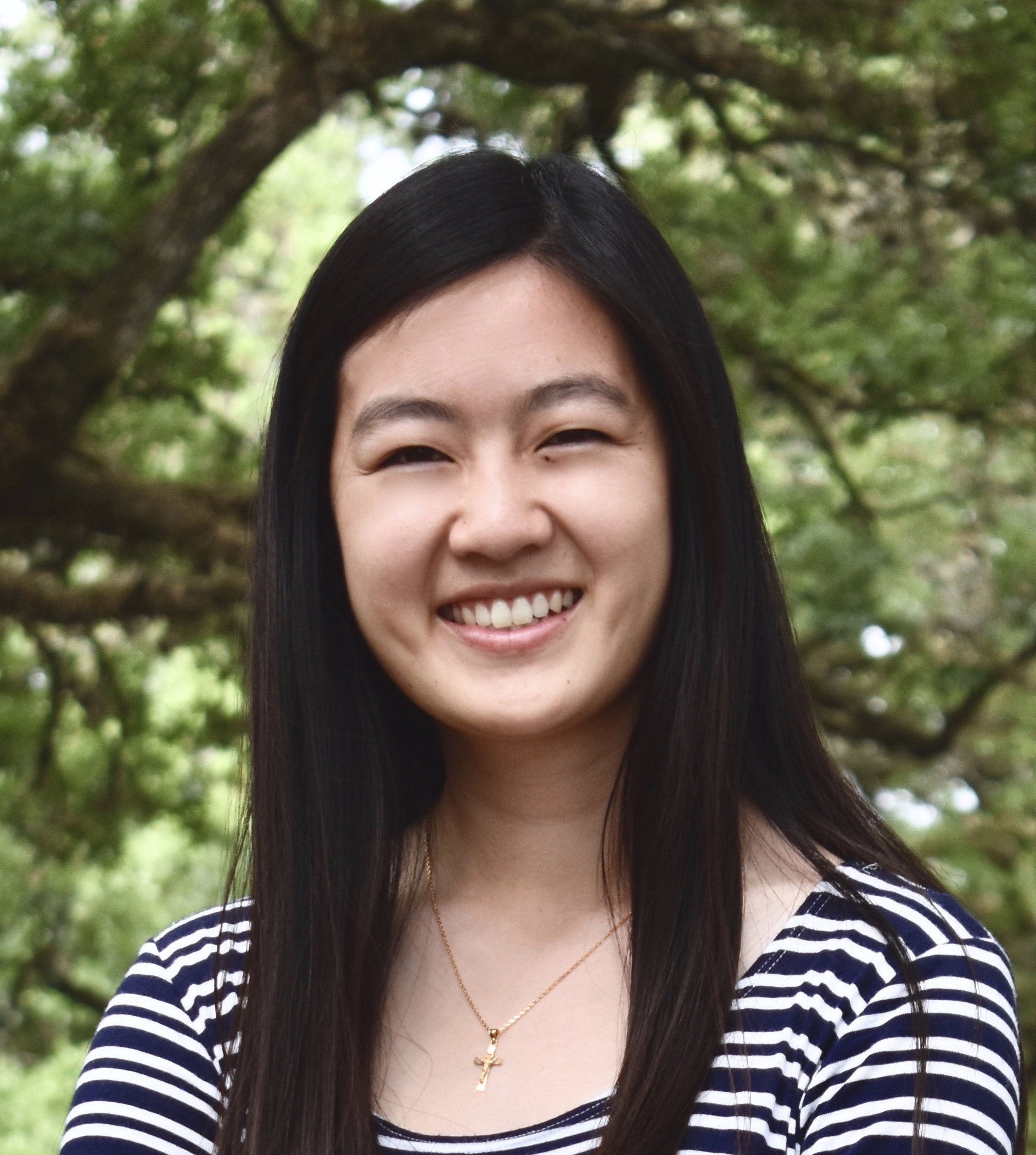 Tiffany Tang
Tiffany Tang
Ph.D. Student
Department of Statistics
I am a third-year PhD student in the UC Berkeley Statistics Department, advised by Bin Yu. My research interests are primarily problem-driven and lie broadly at the intersection of applied statistics/data science and human health. Some current and past projects include studying the genetics of heart disease, aiding the fight against COVID-19, and developing new methods for integrative -omics analyses.
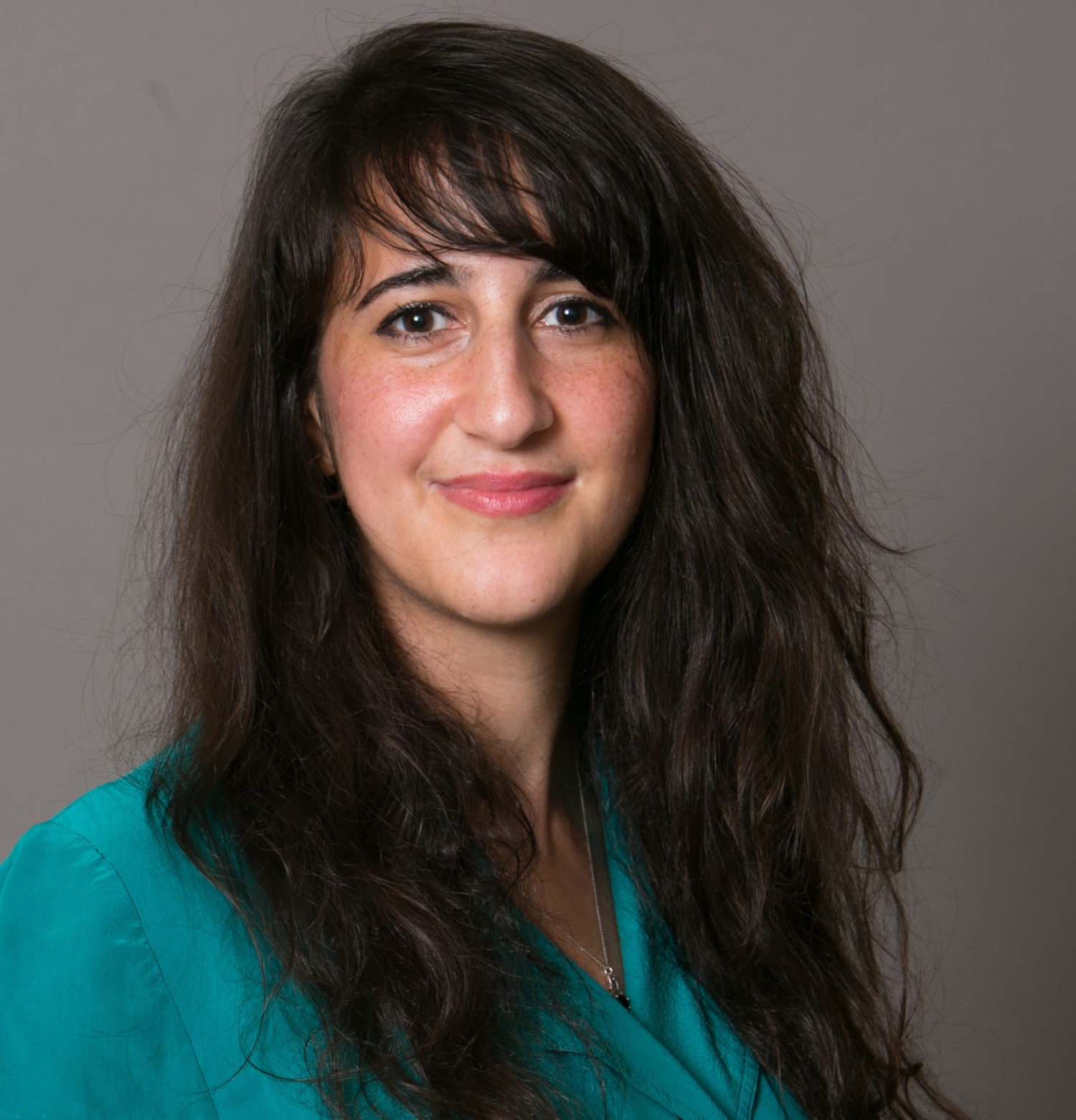 Rochelle Terman
Rochelle Terman
Assistant Professor of Political Science
University of Chicago
I am an Assistant Professor in the Department of Political Science at the University of Chicago, where I am an affiliate with the Program on Computational Social Science. I specialize in international relations, with an emphasis on international norms and human rights, and teach computational social science in a variety of capacities.
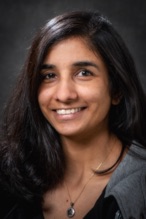 Fatema Bannat Wala
Fatema Bannat Wala
Security Engineer
ESnet Berkeley Lab
I am a Security Engineer at ESnet/LBNL, where my responsibilities include monitoring network traffic for intrusions, incident response, threat hunting, and deploying and managing various security services. I have held prior roles in security research and software engineering and hold CISSP certification together with GCIA, GPEN, GCIH GCDA certifications. I enjoy participating in various knowledge sharing gatherings and has given talks at BSidesDE, BroCons, ZeekWeeks, Internet2 TechEx, Educause SPC, and many more. I am also a member of SANS/GIAC Advisory Board and a Security researcher.










